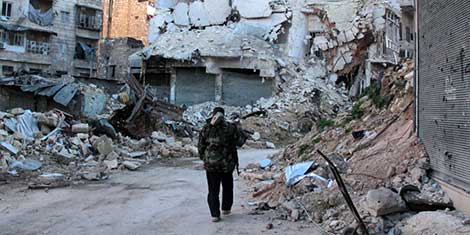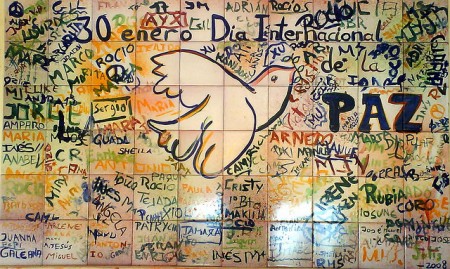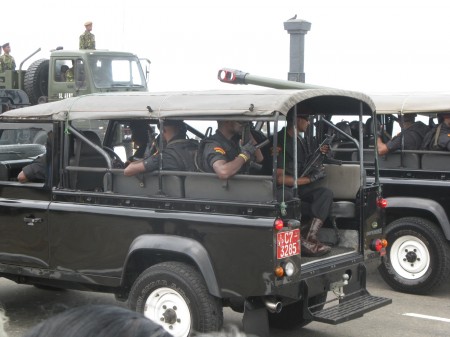
This article was originally published by the Polish Institute of International Affairs (PISM) on 4 September 2018.
The war in Syria has entered its final stage, one in which diplomacy will dominate military action. The most likely scenario for the end to this conflict—the Syrian government’s victory—creates a set of political risks to the EU: legitimisation of the undemocratic regime in Syria, engagement in highly politicized reconstruction projects that do not contribute to the improvement in living standards of Syrians, and granting Russia political gains without it also accepting adequate responsibility for the fate of Syrian returnees.




